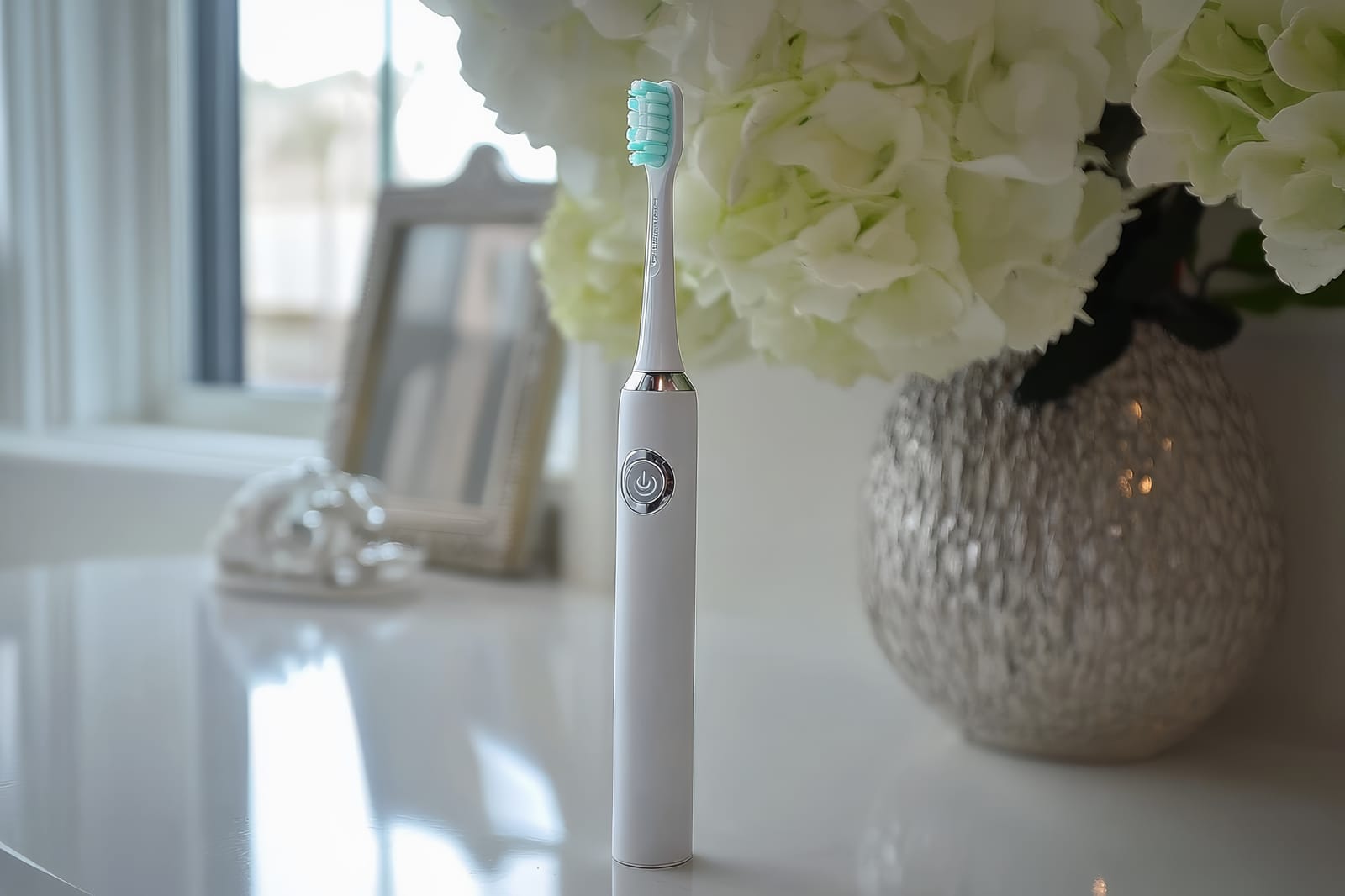What Are Dental Crowns and Do I Need Them?
 Do you have a tooth that is chipped, cracked or otherwise damaged? If so, you may be wondering if dental crowns are right for you. Here’s what you need to know about this common dental procedure.
Do you have a tooth that is chipped, cracked or otherwise damaged? If so, you may be wondering if dental crowns are right for you. Here’s what you need to know about this common dental procedure.
Dental crowns are caps that are placed over teeth to restore their shape, size, and strength
- Dental crowns are a great option for those looking to restore chipped, cracked, and decayed teeth. Placed over the top of the tooth, crowns provide much needed protection from further damage and restore their natural shape, size, and strength. Crowns can also be used for cosmetic purposes such as brightening up a dull smile or hiding discolored teeth. With dental crowns there is no need to overly worry about the state of your teeth ever again!
What are dental crowns made from?
- Dental crowns are a restoration option used to restore teeth damaged by decay, chips and breaks. They are often made from porcelain or metal-porcelain combinations to provide strength and the best possible aesthetic result. The metal used depends on the type of crown being manufactured; stainless steel, gold alloy and base-metal alloys such as nickel and chromium can be used. Porcelain fused to metal is referred to as a ‘full-cast’ crown due its high durability, while ceramic materials can also be used in combination with other materials for a more natural looking finish. While these various dental materials have different qualities, it is important for people seeking dental treatment to understand their options prior to making the final decision about the crown choice.
Who should get dental crowns?
- Dental crowns are an excellent option for those looking to restore dental health and improve aesthetics. Crowns can be used to protect a damaged tooth from further decay, strengthen a weak tooth, or even replace a missing tooth. Patients who have decayed or damaged teeth beyond simple filling repair, cracked or fractured teeth, significant discoloration that does not respond to cleaning and whitening treatments, and those looking for a natural-looking restoration of lost teeth should consider crowns as an effective and lasting solution. Additionally, those at risk of developing cavities may need to get crowns as well in order to prevent future damage. In any case, it’s important for patients to speak with their dentist about their individual options when it comes to getting dental crowns.
What is the procedure for getting dental crowns?
- Getting a dental crown involves several visits to the dentist. The first visit is used to examine your tooth and take an impression that will be used to create the crown. This impression is then sent off to a laboratory where your new custom-made crown is created. The second visit is when the dentist removes any decay or filing as needed before fitting and cementing your permanent crown in place. Generally, patients will experience very little discomfort during this process, and they can enjoy the improved overall look of their smile after the crown has been fitted. Once the procedure is complete, regular brushing and flossing should be practiced in order to maintain healthy teeth for years to come.
How to take care of your dental crown
- Taking care of your dental crown is essential for maintaining a healthy smile. To do so, it is important to practice good oral hygiene habits by brushing and flossing daily. Additionally, make sure you visit your dentist regularly to ensure that your crown stays in place. Additionally, avoid using tobacco products or grinding your teeth as this can damage or dislodge the crown. If anything seems off with the fit of the crown or if it sustains any damage, contact your dentist as soon as possible for an examination and repair. By following these simple steps, you can ensure that your dental crown remains in great condition for many years to come!
How long do dental crowns last?
- Dental crowns are a great way to preserve and protect teeth that need extra attention. They are also often used to improve the appearance of teeth, giving them a more uniform shape and color, or even covering worn or discolored areas. One of the first questions a patient typically asks is how long they can expect their crown to last. On average, dental crowns will last between 5-15 years with proper care and maintenance. Regular brushing and flossing will help ensure the longevity of your dental crown. It’s also important to visit your dentist for routine cleanings and checkups to detect any possible signs of wear or damage before it progresses. With the right habits and regular dental visits, you can rest assured that your dental crowns will last for many years to come!
What are the benefits of dental crowns?
- Dental crowns are a great way to protect damaged teeth and improve one’s smile. Generally applied for cosmetic reasons, dental crowns can also help strengthen weakened or brittle teeth, repair large cavities and fractures, as well as secure dental bridges in place. Sometimes they are used to cover embarrassing cosmetic flaws like irregularly shaped teeth or extreme discoloration. Crowns are usually custom-made to match the shape and shade of current existing teeth while also providing strength, stability and keeping consistent with healthy oral hygiene practices. For all their potential benefits, having a dental crown installed is typically a relatively simple procedure that not only looks good but offers long term benefits.
Are there cons to getting dental crowns?
- While dental crowns can provide much-needed protection and stability to a cracked, weakened tooth, it is important to be aware of the potential drawbacks associated with them. One downside is that they require more intensive preparation than other restorative dentistry treatments like fillings because a portion of the existing tooth structure must be removed in order for the crown to fit properly. This means that more of your healthy tooth material needs to be removed than would be necessary if another treatment were used. Additionally, crowns are not a permanent solution and typically need to be replaced between 5-15 years after placement due to physical wear or color changes as your oral environment evolves. Although these cons should always be considered before choosing this type of treatment, it is important to remember that the benefits often outweigh any negatives when deciding whether or not getting dental crowns is right for you.
Contact St. George Dental Care for Your Dental Crown Needs
- When it comes to your dental health, St. George Dental Care is the perfect place to turn when you need a crown. They offer short wait times and attentive care from highly trained staff members who ensure that no detail of the procedure is overlooked. From pre-treatment preparation to post-crown care, St. George Dental Care will make sure that you receive the highest quality care available. Their services don’t end with treatment, they also help you understand how to maintain good oral hygiene in order to keep your teeth healthy and strong for years to come. Contact St. George Dental Care today for all of your dental crown needs!
Request an appointment here: https://www.stgeorgedentalcare.com or call St. George Dental Care at (435) 628-9099 for an appointment in our St George office.
Check out what others are saying about our services on Yelp: Read our Yelp reviews.
Recent Posts
Having a sensitive sense of smell can be both a blessing and a curse, as nothing disrupts personal comfort more than an unpleasant odor emanating from your mouth. A common concern for dental patients is the distinct and often embarrassing "rotten tooth smell." Understanding its causes, implications, and the appropriate remedies is crucial for maintaining…
Brushing your teeth is essential for maintaining a healthy, beautiful smile, and using an electric toothbrush takes oral hygiene to the next level. At St. George Dental Care, located in St. George, UT, we're passionate about helping our patients maintain optimal oral health through modern dental practices and expert advice. Electric toothbrushes are revolutionizing dental…
When it comes to maintaining your dental health, understanding the professionals who provide care can make all the difference in your experience. The terms "dentist surgeon" and "dentist" are often used, but many people don't fully grasp the distinctions between them. Are their education, scope of practice, and services they provide the same? Which should…
Does the thought of sitting in a dentist's chair make your palms sweaty? You're not alone. Dental anxiety is something millions of people experience, but we at St. George Dental Care believe visiting the dentist doesn't have to be nerve-wracking. That's why our focus goes beyond just cleanings and checkups—we strive to make you feel…


